A Spanish company — Ares Right — has been targeting the social media accounts of critics of the Ecuadorean government


A Spanish company — Ares Right — has been targeting the social media accounts of critics of the Ecuadorean government
María del Rosario Fuentes Rubio, best known under the pseudonym "Felina", was kidnapped by armed men on 15 October in the Mexican state of Tamaulipas. The following day a photograph of her body was posted to her Twitter account with messages...
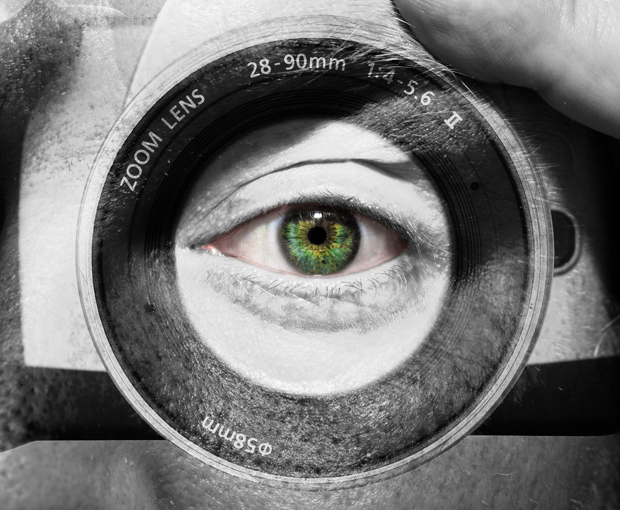
More often than not, the United States’ first amendment forces some real thought and analysis to take place in public life, writes Padraig Reidy.
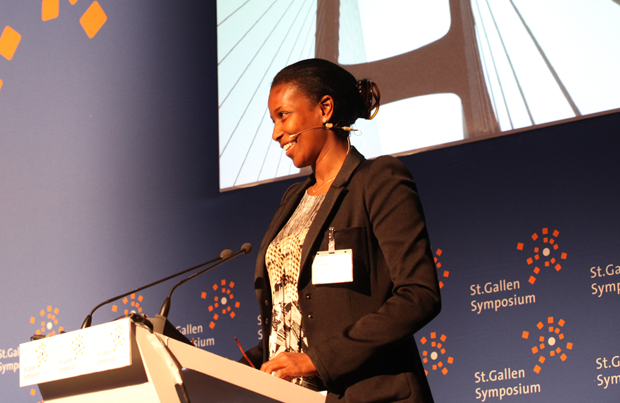
A Yale student group’s choice to host writer Ayaan Hirsi Ali was met with widespread protest. This is not the only recent example of a free expression dispute at a US campus. Dave Coscia writes
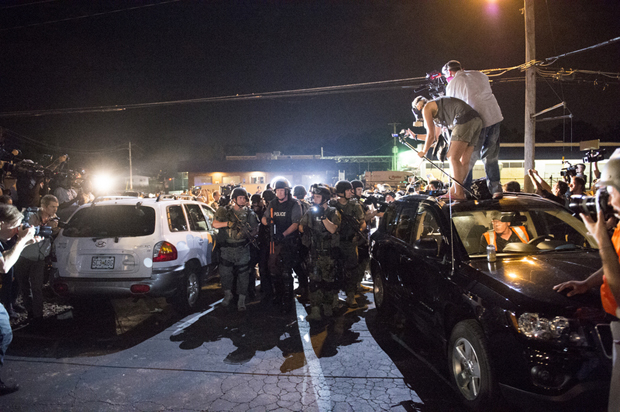
With smartphones, cheap recording equipment, and free access to social media and blogging platforms, journalism has fallen into the hands of the many. This is a good thing. But one question does arise: if we are all journalists now, what happens to the privileges journalists used to claim?
Index on Censorship and Article 19 Central America demand that the Honduran Attorney General investigates increased threats received by journalist and human rights campaigner Dina Meza
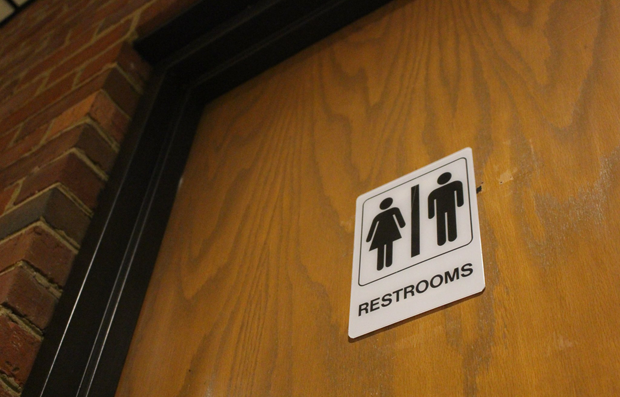
Hollins University currently forbids students from making any legal or biological step toward becoming male. Now it’s reconsidering its approach. Cathryn Asip reports
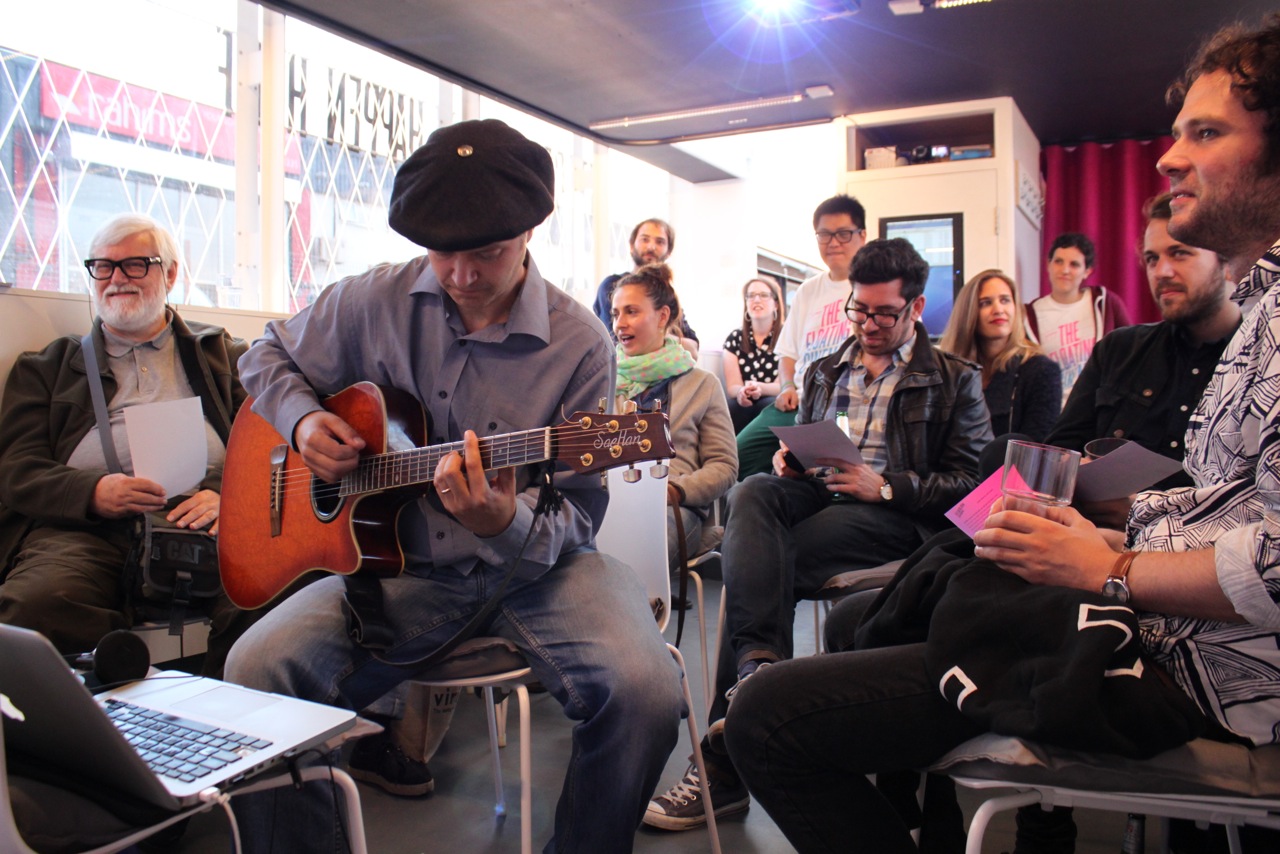
Join Index and Up Projects tomorrow: Contra Band is a new commission, by Leah Lovett, which brings together musicians and audiences from Brazil and the UK for an experimental live performance of songs censored in both countries between 1964-1985.
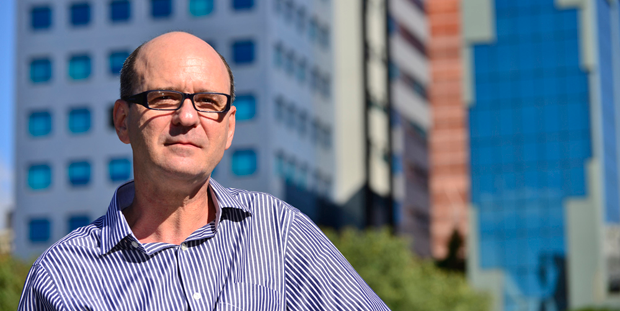
While researching Brazil’s legislation called the biographies’ law, Index on Censorship’s Brazil contibutor Simone Marques spoke to award-winning Brazilian author Luiz Ruffato, whose works include acclaimed novel They Were Many Horses.
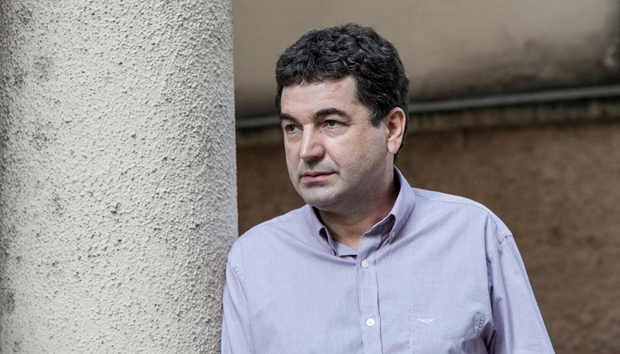
With the World Cup in the rear view mirror, our contributor Simone Marques, explores the battle over censorship of unauthorised biographies and the last minute amendment that could cause more trouble for free expression in Brazil.